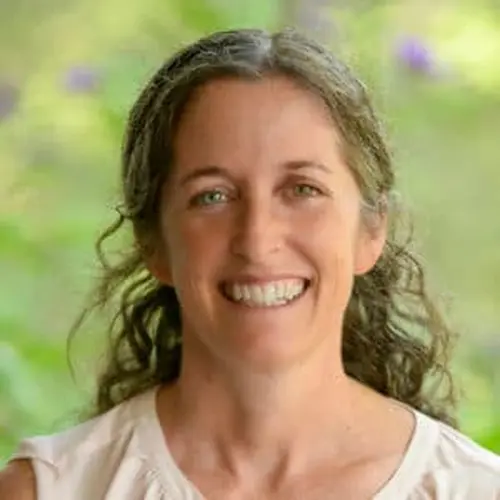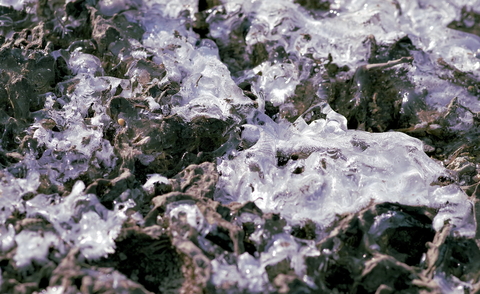Overview
Rapid Arctic warming is thawing permafrost, which is creating hazardous conditions for Arctic residents and can impact global climate due to the large store of permafrost carbon, which, when thawed, can accelerate climate change through the release of greenhouse gases. The permafrost-climate feedback is not fully represented in most climate models, resulting in an underestimate of how aggressively the world must pursue global emissions reductions to mitigate warming and implement actions to support adaptation and build resilience. This presentation will provide an overview of and progress from a new initiative, called Permafrost Pathways, which brings together a coalition of scientists, Indigenous Knowledge holders, and policy experts to address the regional to global impacts of permafrost thaw and to inform just and equitable adaptation and mitigation responses. Our multidisciplinary approach includes: strategic expansion of carbon flux monitoring sites across the permafrost zone; remote sensing of landscape disturbances associated with permafrost thaw; development of a model-data assimilation for arctic carbon cycling; supporting climate resilience including through the co-creation of just and equitable, Indigenous-led adaptation plans; and fostering partnerships with policy experts to incorporate permafrost thaw and emissions into climate adaptation and mitigation policy.

Bio
Dr. Sue Natali investigates the drivers and consequences of rapid Arctic change. As lead of the Permafrost Pathways initiative, her team examines the effects of permafrost thaw, and other climate changes, on the storage and release of carbon and, thus, on the global climate. She works with Indigenous communities, resource managers and policymakers at all levels to inform just and effective adaptation strategies for limiting harm from Arctic warming. Dr. Natali is committed to seeing the impacts of Arctic change incorporated into public understanding and policy. She has published more than 100 peer-reviewed studies, briefed federal lawmakers, contributed to international science reports, and presented at several UN climate change conferences. She holds several leadership and advisory roles, including in the Permafrost Carbon Network, U.S. Advisory Council for Adaptation Science, and the International Conference on Arctic Research Planning. She was featured in the documentary film Permafrost Now, was a contributor to the award-winning book The Big Thaw, and she presented her research on the TED stage. As lead of the Polaris Project, she has mentored dozens of students in Arctic research, and she has received the Sulzman Award for excellence in education and mentoring from the American Geophysical Union.
